




Following the general election in July and the formation of a new Government, our conference today considers the current policy and practice landscape in relation to kinship care and the progress made under the 2023 National Kinship Strategy. The Government has a manifesto commitment to “work with local government to support children in care, including through kinship”.
Some of the main commitments made to achieve this vision included:
Launching a kinship financial allowance, paid at the same rate as the fostering allowance, beginning in up to eight local authorities
Expanding the role of the Virtual School Head
Renaming the Adoption Support Fund to the Adoption and Special Guardianship Support Fund
Releasing new Government guidance for employers on how kinship carers can be supported at work
Establishing a training, information and advice offer for all kinship carers
Creating a new Kinship Care Ambassador role
Publishing an updated version of the 2011 Family and Friends Care: Statutory Guidance for Local Authorities
Agreeing work with the Law Commission to review legal orders and statuses for kinship carers
Today, we will be coming together to consider the National Kinship Strategy in this new context.
The Strategy established “the foundations for a future, transformed kinship care system in England”. It set out a vision to champion, support and empower kinship families and create a system with “kinship at its heart”.
Today is an opportunity to ask - has there been progress towards realising this vision, and how can we work together to achieve it?
Our programme enables you to hear from the newly appointed Kinship Ambassador, and the latest from the Department for Education about the Government’s progress in realising this vision, as well as from organisations commissioned by them to deliver change.
Our workshops enable you to gain practical advice and tips on how to create change, from those with lived and learned experience of working with kinship families. Our panel event enables you to hear from speakers already contributing to change from different perspectives.
Today is a timely and welcome opportunity to reflect on contemporary kinship and the commitments made - what impact have they had on your work with kinship families so far, and is the Government’s vision being realised?
We hope you will leave at the end of the day with knowledge, ideas and connections that will support your work with kinship families into the future.
Written by Ann Horne and Clare Seth, Kinship Consultants, CoramBAAF
References
Championing kinship care: national kinship care strategy | Department for Education, December 2023
Throughout the day we will be taking photos and live streaming elements of the conference We will share this across CoramBAAF’s channels. For more information speak to a member of our team.

10.10am
10.30am
10.50am 10am
Welcome | James Bury, Head of Policy, Research and Development, CoramBAAF
Keynote address | Jahnine Davis, National Kinship Ambassador
The national training and support programme for kinship carers | Dr Lucy Peake, Chief Executive, Kinship
Evaluation of Kinship’s peer support networks | Max Stanford and Hannah Lawrence, Coram
11.10am 12pm 11.30am
The national practice guide for kinship | Dr Aoife O’Higgins, Director of Evidence and Evaluations, Foundations
Break
Our morning panel with our presenters, joined by Emma Davies, Deputy Director for Adoption, Department for Education
Lunch 1.15pm Workshops round one 12.30pm
Break 3pm 2.15pm Workshops round two
3.30pm Our afternoon panel with question and answer session
Close 4.30pm

We know that children who grow up in kinship care have better outcomes than children who grow up in other types of non-parental care. However, their outcomes fall behind those children with no social worker involvement.
The remit of virtual school heads already includes kinship children: who are looked after who meet the definition of previously looked after with a social worker
The Kinship Strategy adapted the role of virtual school heads to specifically include championing the attendance, attainment and progress of children in kinship care. Virtual school heads should bring greater focus and visibility to the distinct needs of children in kinship care within their existing non-statutory responsibilities.
The strategic role adaptation does not require direct intervention with kinship children and their carers, but this system-wide approach has the potential to benefit children in all types of kinship placements, including those in informal arrangements.
There are activities that the adapted Virtual School Head strategic role should include:
Raising awareness of the needs and disadvantages of children in different types of kinship care arrangements
Promoting practice that supports attendance and engagement of kinship children in education
Promoting practice that improves the educational attainment of children in kinship care
Expanding the provision of advice and information
Read the blog by Jancis Andrew on the CoramBAAF website.
CoramBAAF is currently piloting a new kinship assessment form, Form K, in 10 local authorities in England to replace the existing Form C (Connected Person – Family and Friends England). Like Form C, Form K is a comprehensive form that can be used to assess both prospective kinship foster carers and special guardians.Form K is legally compliant with both fostering and special guardianship regulations and guidance, so it can be used for both panel and court.
Following consultation with kinship carers, parents, practitioners, researchers and other stakeholders, the pilot launched in June and will conclude in October. During the pilot, we held regular surveys with practitioners who are undertaking and reading Form K assessments. Feedback from these surgeries, along with feedback from kinship carers and other professionals, will inform the final version of Form K that we are aiming to publish in January 2025. Prior to publication, we will be meeting with key stakeholders including CAFCASS and the judiciary.
Form K will guide the assessing social worker through a strengths-based, culturally sensitive and trauma-informed assessment that focuses on family as a system and recognises the importance of relationship-based social work. The analysis of strengths and vulnerabilities will inform the development of a clear support plan that considers the current and likely future needs of both the child and their carer.
Form K will evidence the needs and amplify the voice of the child.It will show how these needs will be met by their kinship carer and how support will mitigate any
vulnerabilities. It will a articulate the meaning and their kinship carer of the family will be su
Alongside Form K, Cora revised Undertaking a Separate training will b undertaking a kinship a more details.
Relevant resources
Episode 35 | The kinship assessment process: listening to carers
How do we help people understand what kinship care is?
The return of 26 weeks – and what this means for the assessment of prospective kinship carers
Improving our core forms: what's new and what's next
Improving our core forms: an overview of recent updates
New Form K (kinship assessment) in the pipeline
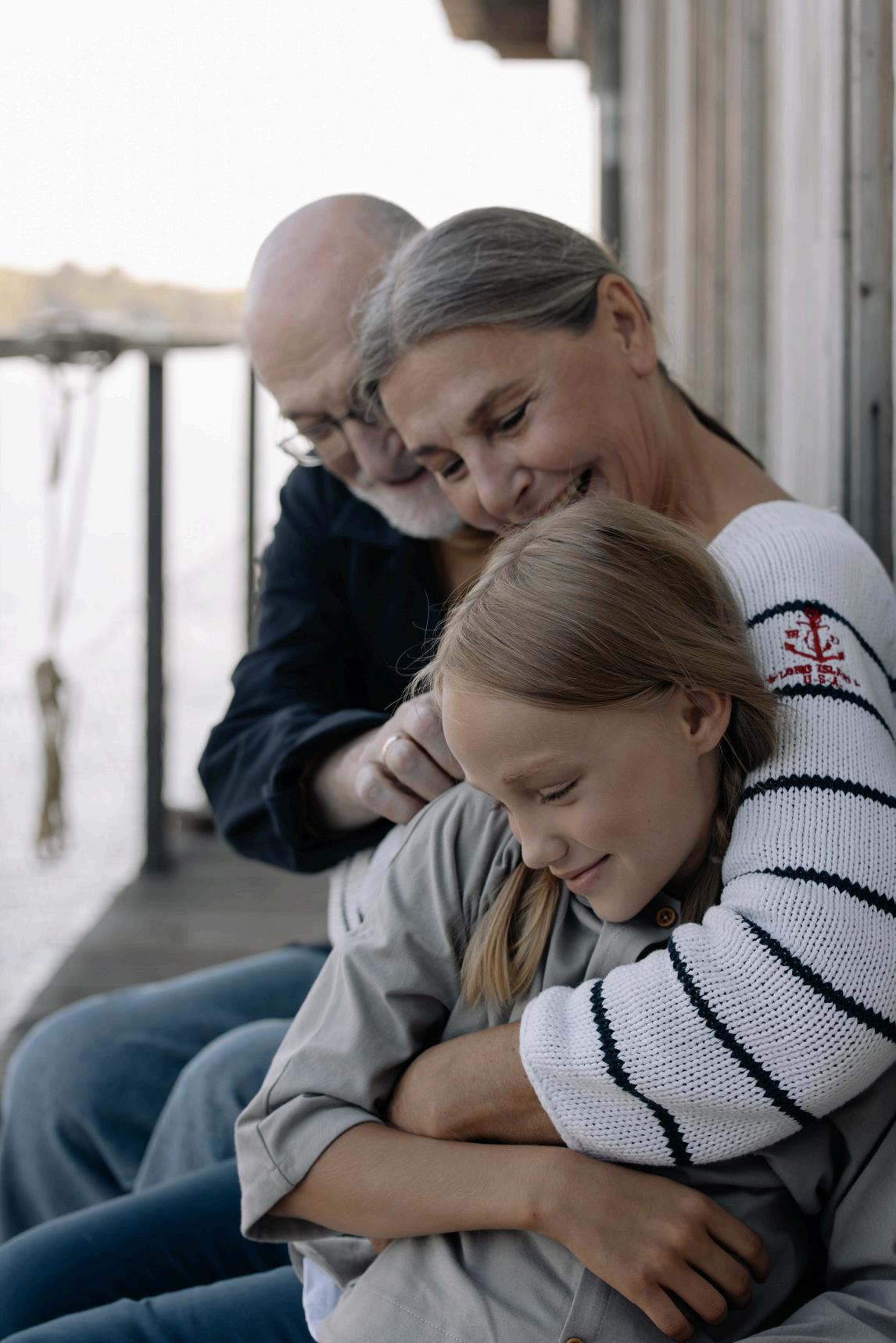

Morning
10.10am - 10.30am
We are delighted to announce the first national Kinship Care Ambassador, Jahnine Davis, to deliver our keynote for this event. Jahnine was appointed in September 2024 to work with local authorities and kinship carers to raise standards and share best practice.
In this keynote, Jahnine will be outlining her perspective on the current landscape in kinship and how working with both carers and local authorities can improve services and outcomes for care experienced children, young people and their families.

Jahnine, a care experienced professional, is now the National Kinship Care Ambassador since September 2024. She joined the Child Safeguarding Practice Review Panel in 2021.
Jahnine began her career in children’s rights and participation, accumulating over 20 years of experience in both charity and statutory sectors. Jahnine founded Listen Up, an organisation dedicated to marginalised children in child protection, policy, practice, and research.
Child Safeguarding Practice Review Panel - GOV.UK (www.gov.uk)
Listen Up (listenupresearch.org)
Jahnine Davis - GOV.UK (www.gov.uk)
Ms Jahnine Davis - Research degree students - Kingston University London
10.30am - 10.50am
Kinship is the leading kinship care charity in England and Wales. In this presentation, Lucy will be talking to us about the UK’s first national training and support service for kinship carers as well as the development of the peer support service in England. We look forward to hearing how Kinship is working with kinship carers, local authorities, education, and voluntary sector partners to design and deliver these ambitious services.
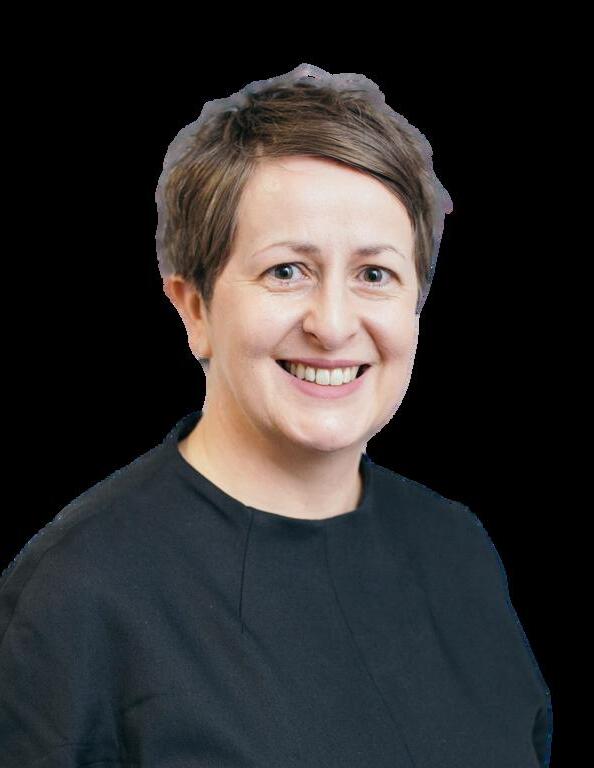
Lucy joined Kinship (then Grandparents Plus) as Chief Executive in September 2015. The charity has grown in size and impact, including through pioneering evidenceinformed programmes, expanding peer support approaches and influencing policy and practice.
Kinship has led the development and delivery of two new national services for kinship carers in England, the Peer Support Service and Training and Support Service, both funded by the Department for Education.
10.50am - 11.10am
Coram’s Impact and Evaluation team is dedicated to using high quality, inclusive research to improve the life chances of children. The team’s work includes a diverse range of evaluation designs from feasibility studies and process evaluations through to large-scale, multi-site experimental and quasi-experimental impact evaluations. In this presentation, we will be hearing about their six-month process evaluation of the implementation of Kinship’s national peer support service.

Max Stanford joined Coram in March 2023 as Group Head of mpact & Evaluation. He has worked for the Early Intervention oundation as Acting Assistant Director of Evidence where he versaw research and evaluation including children’s social are, family support, parental relationships, family hubs and early years.

nah Lawrence is a Research Manager at Coram. Hannah experience leading various complex evaluation and arch projects for national government, local authorities, social care sector organisations. Hannah’s focus is tative social research with children and young people g disadvantages, and their parents and carers.
Evaluation of exodus restorative mentoring programme to reduce youth offending Kinship care mediation
Supporting families systemic practice model pilot study
11.10am - 11.30am
In this presentation, we be will hearing about the development of the kinship care national Practice Guide commissioned by the Department for Education. We are thrilled to have Aoife come and speak to us about the work of Foundations in developing this practice guidance as part of the Children’s Social Care National Framework (CSCNF).
These guides are designed to provide services for children and families with the same ‘rigorous underpinning’ of support seen in fields like health care or teaching. The practice guides will be for leaders in local authorities and directly influence future social work practice.
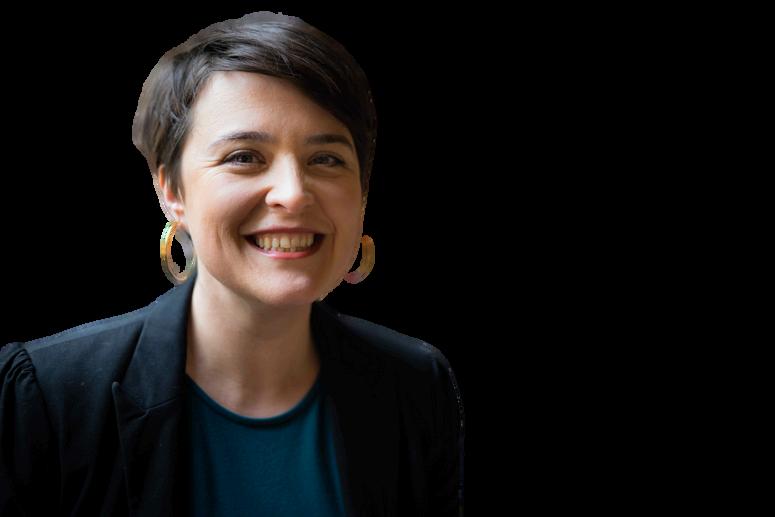
Aoife leads the centre’s evaluation, synthesis and programme funding portfolios. This includes work to identify, fund and evaluate promising programmes for vulnerable children, and develop the Centre’s Evidence Toolkit and Practice Guides.
Together this work aims to generate actionable evidence for policy makers and practitioners and ensure that vulnerable children have the foundational relationships they need to thrive.
Formal kinship care arrangements
Kinship care and special guardianship orders
TP CR Kinship Care



Our morning panel with our presenters
12pm - 12.30pm
Following our break at 11.30 am, an opportunity for delegates to reflect and discuss the morning session with colleagues; delegates will be able to put questions to our panel via Mentimeter. Scan the QR code on the reception desk to submit your questions. These questions will be reviewed by our consultants and put forward to the morning panel at 12pm.
We will reconvene and begin our morning panel, where we will host a question and answer session with all morning presenters. The panel will be joined by Emma Davis, Deputy Director, Adoption, Family Justice and Alternatives to Care, Families Group.

Emma Davies, Deputy Director for Adoption, Family Justice and Alternatives to Care at the Department for Education. Emma’s previous experience includes Policy and Strategy development and delivery in foreign affairs and Education.
Within DfE, Emma hasworked on policy on post-16, Skills and Higher Education; COVID response; and digital design and delivery. At the FCO, Emma worked on a range of issues including non-proliferation; counter terrorism; and international justice.

Workshops Afternoon
Workshops are an opportunity for delegates to break into smaller groups to reflect and learn together. Workshops will repeat at 2.15pm.
Led by Dr Paul Shuttleworth, “How to listen to children to improve practice and inform service delivery” focuses on what practitioners can do to listen to children living in kinship families. Drawing on his thesis, “What Matters to Children Living in Kinship Care”, Paul asks us to Listen, Understand, Do in our direct work with children. Relevant not only for children living in kinship families but in all social work practice, there will be an opportunity to discuss effective methods of hearing children’s voices in often complex kinship living arrangements.

Dr Paul Shuttleworth, Senior Lecturer, Kingston University, and Associate Researcher, University of Sussex
Having completed his PhD in 2021 on “What Matters to Children Living in Kinship Care”, Paul worked as a BASW Professional Officer, Associate Tutor, PostDoctoral Fellow, Lecturer and Research Associate at 12.30pm - 1.15pm the University of Sussex, and a Senior Lecturer at Kingston University, completed publications for journals and edited books.
Paul’s research interests include child participation, kinship care, permanence, dialogical participation, critical realism, value-led research and practice, and breaking down the theory-practice divide.
Led by Sharon McPherson and Johanna Bernard, “Involving kinship carers in the design and delivery of kinship services” focuses on what local authorities can do to ensure kinship carers are consulted and involved. As kinships carers, founders and co-directors of Families in Harmony, they will share their expertise about what works well when working towards a model of co-production. Using examples from their work with local authorities and across the kinship sector, they will reflect on lessons learned.

Johanna Bernard is a Family Support Practitioner, professional trainer and trauma-informed practitioner with 12 years of lived experience of caring for her grandchildren. She has worked for national organisations such as Kinship, Mind and Home Start, alongside teaching in community and further education.
As a social activist, Johanna has been involved in local, regional and national campaigns to redress the racial imbalance, and its corresponding inequalities, within education, health and social care for over 20 years.

Sharon McPherson is an experienced Diversity and Inclusion Consultant with 20 years of lived experience as a kinship carer. Sharon has been instrumental in creating real change through social activism and in her career working with organisations including the Maternal Mental Health Alliance, Kinship, and Safer London.
In recognition of her contribution to peer support in kinship care during the pandemic, Sharon received a Mayor’s Award, and continues to explore the paradigms of inclusion and diversity for black carers by undertaking her PhD research in kinship care.
Led by Clare Seth (Kinship Consultant, CoramBAAF), Emma Bird and Louise Burt (Mott MacDonald Group), this workshop focuses on what practitioners can do to maximise the funding available and complement good social work practice.
There will be an opportunity to discuss the scope and eligibility criteria, ASGSF administration requirements and examples of effective practice.

Clare is a qualified social worker with over 20 years ’ experience in children’s services She has managed a children’s social work team in Brighton & Hove, helping to implement a new relationship-based practice model as well as previously having responsibility for staff in fostering and fostering support teams.


Emma Bird, Senior Associate, Mott MacDonald Group
Emma is a Senior Associate at the Mott MacDonald Group She has previously worked as the Deputy Head of Internal Communications and Engagement at the Department for Education and the National Children’s Bureau.
Louise Burt, Senior Associate Project Manager, Mott MacDonald Group
Louise Burt is a Senior Associate Project Manager with the Mott MacDonald Group. She has previously worked as a project manager in Education, Health and Care.
“Reviewing the design and structure of local authority kinship services” focuses on the key steps needed when thinking about the systems and structures that often underpin the delivery of services.
Drawing on Mike’s work with local authorities and Ann’s experiences as a local authority manager, they will reflect on some of the barriers to change and what can make a difference.
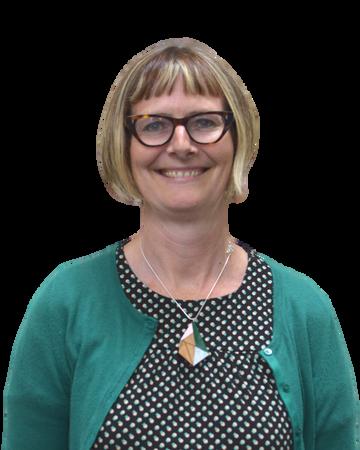
Ann Horne, Kinship Consultant, CoramBAAF
Ann has been a local authority social worker in children's services for 20 years. She has worked in kinship care for the last 14 years, and for seven of these co-managed a dedicated kinship care team in Brighton & Hove.
Ann took a lead in developing comprehensive kinship support services, ensuring that kinship carers in Brighton & Hove were well served by a range of available supports.

Mike Hall, Independent Kinship Consultant
Mike Hall is an independent consultant with over 10 years ’ experience in adoption services. He has spent four years working with local authorities on support services for special guardians and kinship carers.
Mike is the author of “Key Elements of Special Guardianship Support Service: A blueprint for special guardianship support services”.

Our afternoon panel with question and answer session
3.30pm - 4.00pm
In our afternoon panel discussion we will be joined by professionals from across the children’s social care sector who will share their unique perspective and experiences, offering valuable insights into the challenges and opportunities of the current reform agenda.
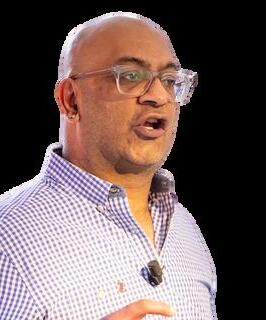
Wandsworth is a values-led local authority that operates from an Outstanding Practice Framework. Wandsworth is committed to keeping children within birth families and kinship networks, wherever possible. It has a specialist kinship team and is working hard to develop services in


azel is currently Chair of the Trustees, a role she is very oud of She is a kinship carer, a retired social orker/mental health practitioner, and has over 40 years ’ perience of working with kinship families for the local thority, Barnardo’s and the NHS.

Pauline has extensive experience and expertise working in communities, developing and delivering projects led by need. She has over 20 years ’ experience campaigning for change with families and empowering young people to have their voices heard.

Andrew, Virtual School Head, Leeds, and former Chair of the National Association of Virtual School Heads (NAVSH)
As the current NAVSH trustee leading on our Extended Duties including Previously Looked After and Kinship Children, I work with the DfE and national organisations such as Adoption England and the charity Kinship.
As a VSH, myself and my team undertake a range of statutory and non-statutory functions that promote the educational outcomes for a wide-ranging cohort, including children currently in care, those who are adopted, those in special guardianship families (with or without a prior care episode) and those who have or had a social care intervention including children in need and children with child protection plans.

Visit our exhibitors in the Morris Room. They are available to answer any questions you may have about their work.
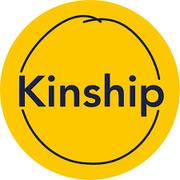
Kinship is the leading kinship care charity in England and Wales. Kinship supports all kinship carers, including informal kinship carers, special guardians, kinship foster carers, kinship carers with a child arrangements order or other types of order.
They will be running a stall sharing information on:
Commissioned offers for kinship carers, working with local authorities to provide bespoke one-to-one and family support
Free workshops and events to support kinship carers in their caring role (both in person and online)
Local peer support groups and specialist support to help set up groups
Free advice and information about subjects including benefits, education, housing and more

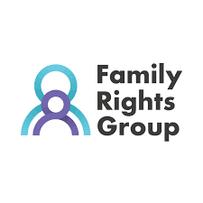
CFAB’s mission is to use their expertise on overseas placements to ensure that children who have become separated from their families across international borders are given care and protection, no matter where they come from.
Family Rights Group’s vision: Every child should be able to be raised safely and thrive within their family. Children in the care system should have loving relationships they can turn to throughout life.
We are the leading specialist child welfare charity working to make that a reality. Unique in bringing together legal and social work expertise, advice giving, policy and campaigning, and direct work with young people and families.
In 1929, Mary Ward House had become a dedicated women ’ s settlement. Social work continued during the 1930s and 1940s, with more and more attention being paid to the provision of adult education and training. A legal advice centre was subsequently opened during the 1940s to provide both legal assistance and financial advice to low income individuals. Today, Mary Ward House is a Grade I listed building that plays host to a wide variety of events.
One of the greatest surviving examples of the Victorian Age’s Arts and Crafts School of Architecture, Mary Ward House serves as a physical symbol of the ideals which it was to espouse. The contract was won by Dunbar Smith and Cecil Brewer, two young architects who lived in the settlement themselves, and were well placed to grasp the building’s purpose. They proved a fitting choice, choosing to create an idealistic architectural response to the strains which mass industrialisation had placed upon the working class.
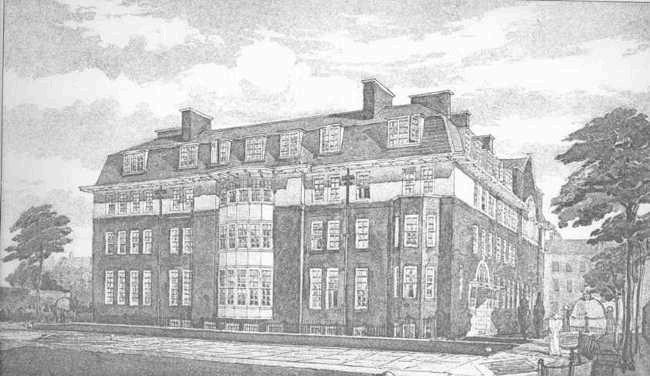
23 October
10am - 12.30pm

CoramBAAF’s Kinship Care Practice Forum provides a unique opportunity to discuss professional practice and share knowledge and expertise with colleagues.
The forums will help you to keep up-to-date about national policy and law, contribute to policy development, and refer topics and examples of good practice to CoramBAAF’s advisory committees.
Information and advice - including training opportunities - relevant to kinship care social work practitioners
Networking and liaison with other practitioners
Access to briefing notes, position statements, reports, publications and research

Join our open course
17 October
10.15am -
12.30pm
This two hour session is aimed at local authority professionals – both social workers and lawyers - who are involved in the placement of children currently living in the UK with kinship carers overseas on a Convention Adoption Order.
To have an understanding of the legal framework and eligibility considerations in Convention adoption
To be aware of the common issues that can arise in this area of work
corambaaf.org.uk/resource
s/outbound-permanenceservice
To gain a broader understanding of the viability, assessment and support elements in an overseas context Online via
Join our open course
21 November

10.15am - 1pm
This session is aimed at local authority professionals who are involved in the placement of children currently living in the UK with kinship carers overseas with kinship carers. It will provide an overview of the available research and Outbound data for children being placed abroad.
To have some familiarity with the research and guidance that are relevant to domestic and overseas placements
To have an appreciation that there are considerations for overseas viability assessments and support plans over and above those for domestic placements
corambaaf.org.uk/resource
s/outbound-permanenceservice
To have an understanding of specific factors which need to be explored to ensure your viability and support plan are robust and comprehensive

By the end of the session participants will have will have explored:
Current context: data, definitions and why children leave
Risks to children: modern slavery, exploitation and child trafficking
Legal context: Nationality and Borders Act 2022, Illegal Migration Act 2023 and Children Act 1989
Age assessment: process and best practice considerations
Local authority responsibilities and social work role: cultural competence and anti-racism, care and pathway planning, specialist legal advice and asylum process
Meeting the needs of unaccompanied asylumseeking children: physical care and health needs, emotional, social and educational needs
Fostering role: support and training needs of foster carers

By the end of the session participants will have explored:
Explored the legal framework of support to kinship families including the scope and eligibility to ASGSF
Considered principles of good practice around assessments of support needs and support planning
Reflected on ways to encourage positive engagement with therapeutic interventions
Explored the therapeutic approaches most commonly used in ASGSF funded support packages
Reflected on what to consider when matching the family needs to the ‘right’ therapy and how this looks in practice
Looked at different outcome measurements of therapeutic interventions as required by ASGSF